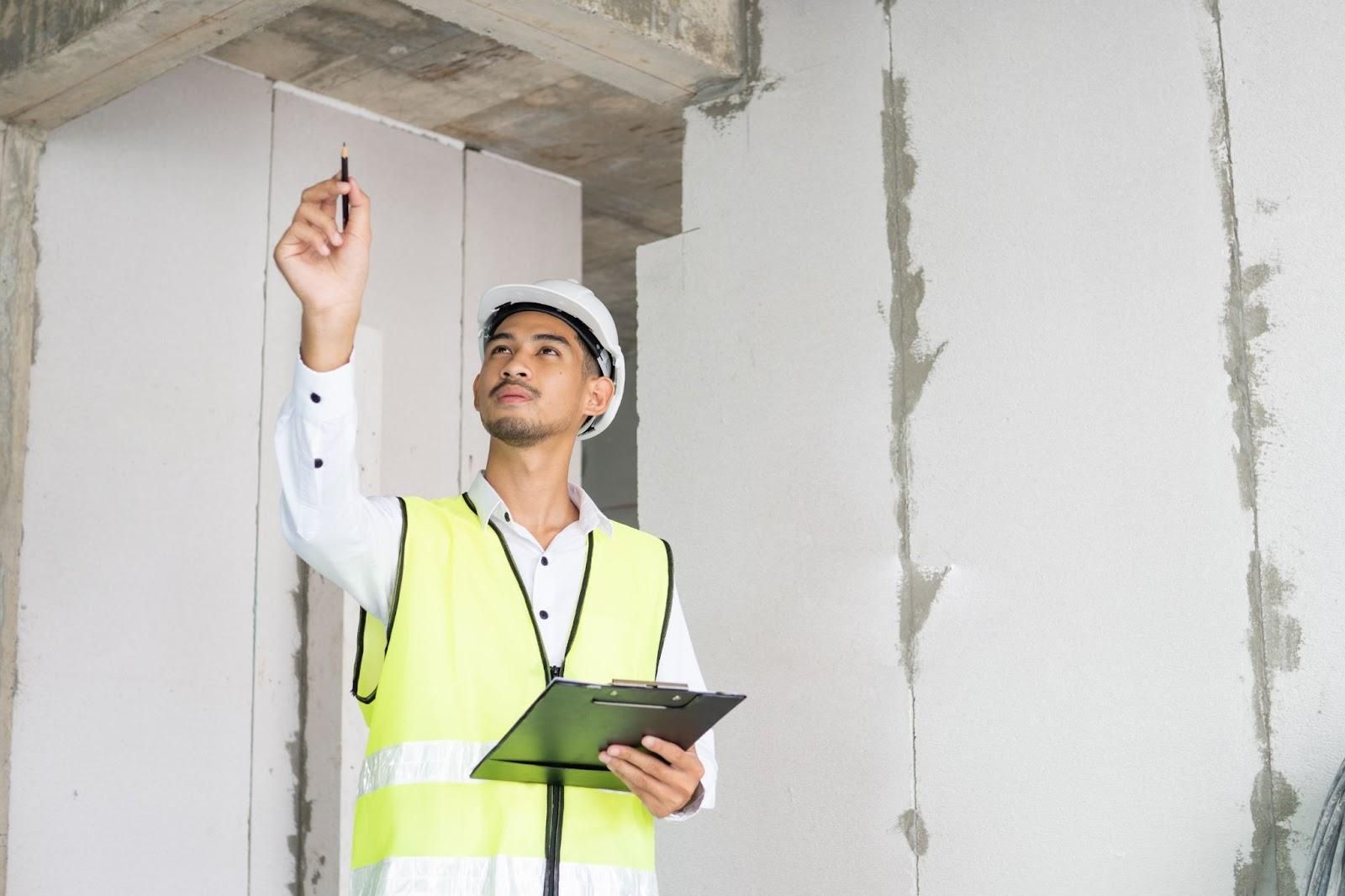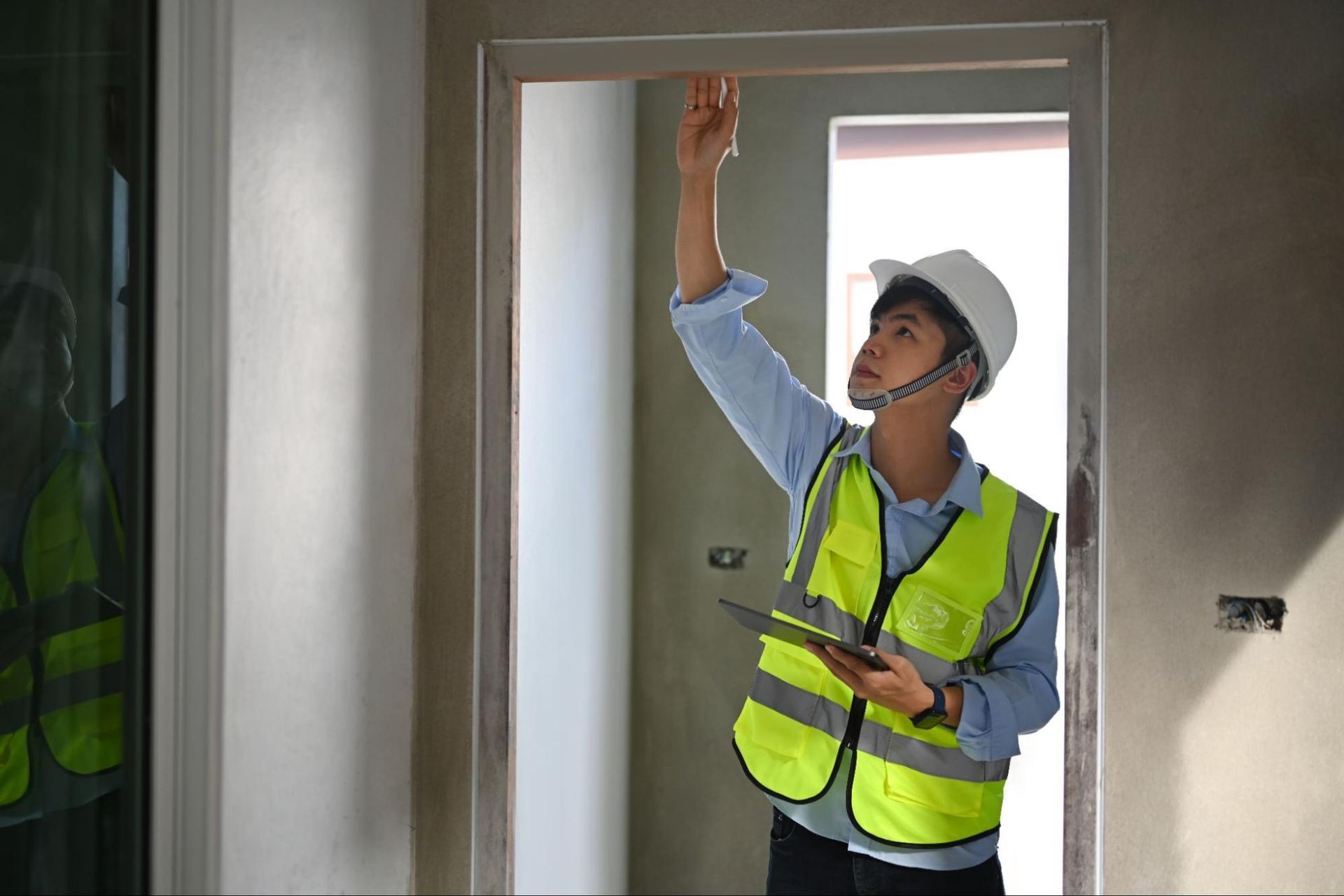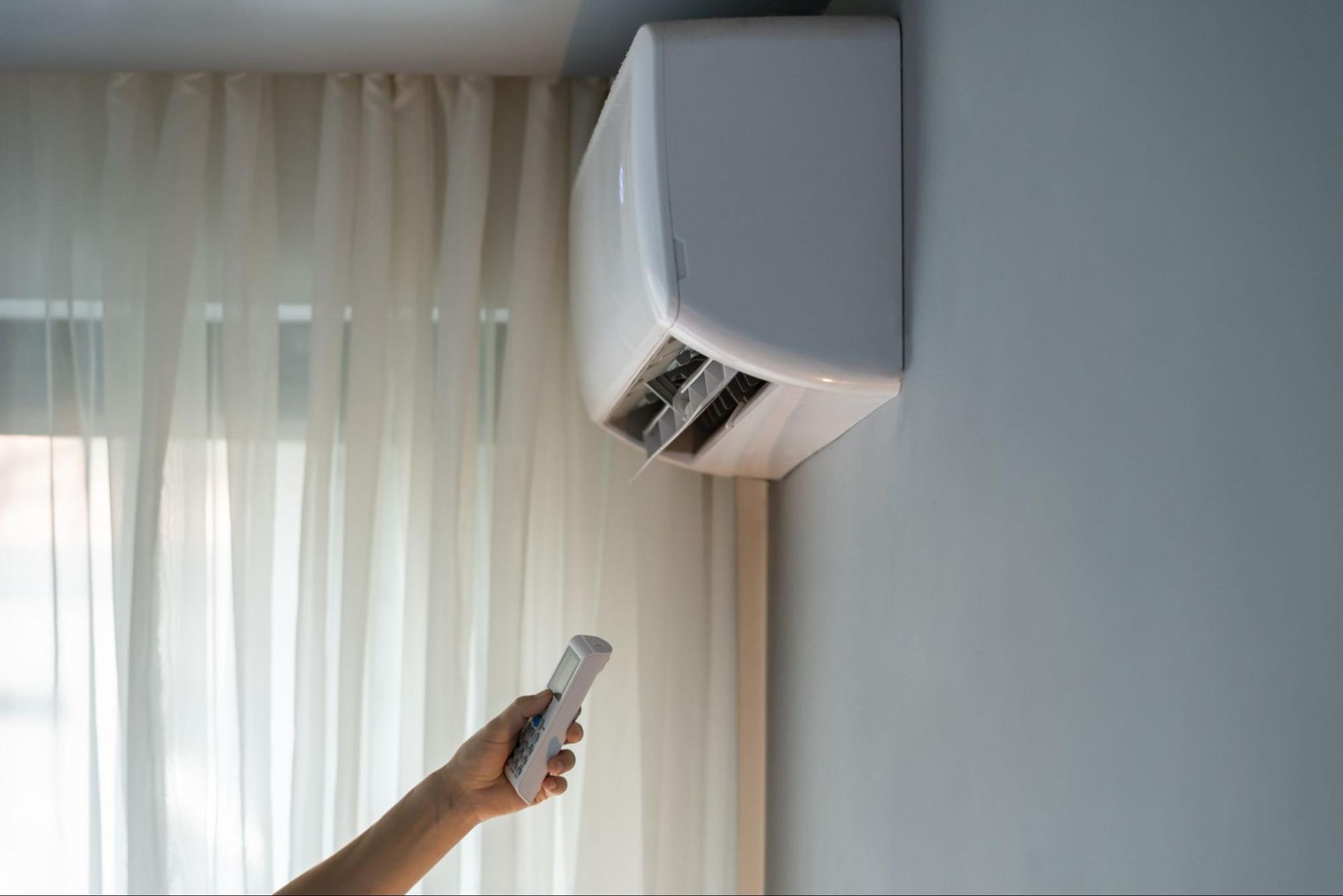Home Inspection in Houston: Seeing What Others Miss
Introduction
A home inspection in Houston can quickly become one of the most stressful parts of buying or selling property. Confusing reports, tight deadlines, and unexpected repair findings often leave homeowners uncertain about what to do next.
Accurate Home and Commercial Services (AHCS) changes that experience completely. With more than twenty-five years of licensed and insured service, AHCS provides clear, code-compliant inspections that remove confusion and replace it with confidence.
Our reports are straightforward, our inspectors are certified under Texas Real Estate Commission standards, and our communication helps every client move forward with certainty. Learn more about our process and what to expect from an inspection on ourHome Inspections page.
What a Standard Home Inspection Covers in Houston

A complete home inspection in Houston includes careful evaluation of structure, systems, and safety elements that define a property’s integrity and livability.
Structure and Foundation
Inspectors examine the foundation type, framing, visible cracks, settlement indicators, and drainage conditions that affect movement. Houston’s clay soil expands and contracts with moisture, so slope and downspout discharge are critical points of attention.
Roofing and Exterior
The roof, flashing, gutters, siding, and exterior doors are reviewed for weathering, installation quality, and signs of water intrusion. Gulf heat and storm exposure accelerate roof wear, so maintenance details receive close inspection.
HVAC, Plumbing, and Electrical Systems
Inspectors check installed heating and cooling units, visible ductwork, plumbing fixtures, and electrical panels for safety and compliance. Proper labeling, bonding, and safe wiring practices are essential for reliable performance. Inspectors also identify issues such as reversed polarity receptacles when present.
Interior, Appliances, and Safety Devices
Walls, ceilings, floors, doors, and stairs are examined for structural soundness. Built-in appliances are tested, and smoke and carbon monoxide alarms are confirmed to function properly.
For official inspection category definitions, review the Texas Real Estate Commission inspection form.
Optional Add-Ons Worth Considering
Certain conditions in Houston warrant specialized evaluations. Add-on services offered at the time of inspections are pools, water wells, aerobic septics, sprinklers, thermal imaging, and WDI (Wood Destroying Insect reports or more commonly known as termite inspections).
For pest-related support, explore our Pest Control services.
Houston-Specific Issues to Watch

Foundation Movement and Drainage on Expansive Clay Soil
Clay-rich soils swell and shrink with moisture changes. Inspectors monitor for stair-step cracks, sticking doors, and sloped floors that indicate shifting.
Moisture, Humidity, and Mold Risks
Houston’s humidity allows small leaks to cause significant damage. Inspectors identify stains, ventilation concerns, and early microbial growth indicators. For homeowner education, the EPA Mold Guide provides valuable prevention tips.
Termites and Wood-Destroying Insects
Termites remain common in Gulf Coast climates. Inspectors look for soil contact, wood damage, and excessive moisture near foundations.
Roof Wear from Heat, Hail, and Storms
Sun, hail, and wind damage roofing faster than in cooler climates. Inspectors review flashing and penetrations for wear patterns. The National Weather Service Houston Office provides data on weather patterns that influence roof conditions.
Flood Zones, Gutters, and Grading
Inspectors study site drainage to confirm water flows away from the foundation. For regional flood-risk education, visit MAAPNext Harris County and the Harris County Flood Education Mapping Tool.
Local Standards, Timing, and Costs
Texas Licensing and TREC Standards of Practice
In Texas, all home inspections follow the TREC Standards of Practice. AHCS upholds these standards with practical insight and clear reporting.
Typical Timeline and Report Delivery
Inspections are scheduled promptly and completed efficiently, ensuring reports are available within option periods so buyers can act decisively.
Costs and Factors
Inspection pricing depends on property size, age, and any add-on services requested. AHCS discusses every detail in advance to maintain transparency.
How to Choose the Right Inspector
Credentials, Insurance, and Experience
Choose a TREC-licensed, insured professional who understands Houston’s soil, humidity, and construction styles. AHCS brings over twenty-five years of consistent service across Greater Houston.
Sample Reports and Communication
Quality reports feature clear photos and simple explanations. AHCS uses modern tools and formats that make information accessible for agents and lenders alike.
References and Scope Clarity
Reading reviews and verifying experience ensures a reliable partnership. AHCS tailors inspection focuses on your property’s age, size, and transaction timeline.
Preparing for the Inspection: Buyer and Seller Checklists

Buyer Preparation
Buyers should ensure access to attics, crawlspaces, and utility panels. Prepare questions about roof life, drainage, and energy efficiency. If your project also needs third-party energy verification, learn more about IECC inspections.
Seller Preparation
Sellers can smooth the process by disclosing known issues, clearing access to systems, and confirming utilities are on. These steps allow inspectors to focus on accuracy and completeness.
During and After the Inspection
Attend the Walkthrough and Ask Targeted Questions
When possible, attend the walkthrough. Ask about water management, roof life considerations, signs of foundation movement, and safety upgrades you should plan for first. Clear questions lead to practical answers, and practical answers support smart negotiations.
Prioritize Safety and Structural Issues in Negotiations
Use the report to focus on safety, structure, roof performance, and active leaks. Cosmetic items can wait. If you need independent energy or accessibility verification for permits or closings, we can coordinate IECC third-party inspections and TAS inspections so your project stays on track.
When to Bring in Specialists or Seek Credits
Complex findings sometimes call for specialists such as structural engineers, licensed electricians, plumbers, or roofing contractors. We reference next steps in the report, and your agent can help decide whether to request repairs or credits based on timing and scope.
Special Considerations for New Builds and Older Homes
Phase Inspections for New Construction
Phase inspections catch issues early at foundation, framing, mechanical rough-in, and final stages. Independent verification helps builders and buyers align with plans, code, and manufacturer requirements before finishes hide problems. If your project also needs energy compliance, we perform IECC third-party inspections and can coordinate with your builder's schedule.
Unique Risks in Older Houston Homes
Older homes may have legacy wiring methods, mixed plumbing materials, aging HVAC equipment, and layered repairs from past storms. Inspectors watch for reversed polarity outlets, unpermitted additions, improper splices, and outdated safety devices, then outline practical upgrade paths that match how the home is used today.
Townhomes, Condos, and Shared Systems
Shared walls and systems add complexity. We review the unit and accessible shared elements, note maintenance responsibilities, and encourage buyers to review association documents for roof, drainage, and insurance responsibilities that affect long-term costs.
Conclusion

A home inspection in Houston should bring understanding, not uncertainty. Accurate Home and Commercial Services is licensed, insured, and experienced in Home inspections across Greater Houston, TAS inspection in Conroe TX, and IECC third-party inspections near Humble TX. Every report we deliver follows TREC standards and highlights safety, structure, and performance issues in plain language.
Explore our Home Inspections to begin, review our Construction Design services for remodeling guidance, or visit Handyman Services for professional repairs. For large or commercial projects, our TAS Inspections ensure compliance and accuracy at every stage.
Schedule a Service Today. Call (281) 745-0234 for a Free Quote. Trust Accurate Home and Commercial Services for all your property needs.
Frequently Asked Questions
What does a standard home inspection in Houston include?
A standard inspection evaluates structure, foundation, roofing, HVAC, plumbing, electrical, interiors, and safety devices. AHCS inspectors follow TREC Standards of Practice and deliver photo-rich, clear reports.
How much does a Houston home inspection cost and what affects the price?
Pricing depends on size, age, and optional services. AHCS discusses all costs upfront so homeowners can plan confidently.
How long does a home inspection take?
Most inspections take several hours, with reports usually delivered the same day or within twenty-four hours, depending on scope.
Which Houston-specific issues should buyers watch for during an inspection?
Key risks include foundation movement from expansive clay soil, poor drainage and guttering, humidity-driven moisture and mold concerns, roof wear from heat, hail, and storms, and conducive conditions for termites. Inspectors watch for stair-step cracks, sticking doors, water stains, ventilation issues, flashing defects, and wood-to-soil contact around the foundation.
Do I need a separate termite inspection or sewer scope in Houston?
Often, yes. General inspections note conducive conditions, but termite inspections are typically ordered separately in this climate. A sewer scope is smart for older homes, large trees near lines, or recurrent backups. These add-ons can prevent costly surprises by revealing hidden damage that a visual, non-invasive inspection might not capture.
How do I choose the right inspector for a home inspection in Houston?
Select a TREC-licensed, insured inspector with strong experience in Houston soils, weather, and building practices. Review sample reports for clarity, photos, and actionable recommendations. Ask about tools used, communication style, and turnaround time. Verify references and ensure the scope aligns with your priorities and the timeline of your option period.











